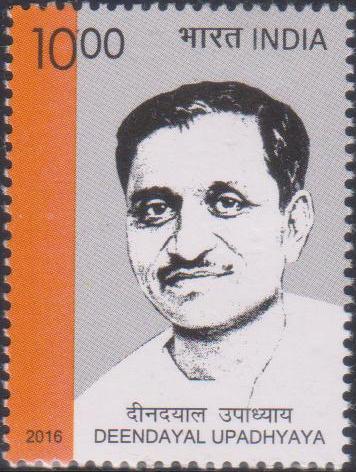
Pandit Deendayal Upadhyay 2016
A commemorative postage stamp on the Birth Centenary of Deendayal Upadhyaya, President of Bharatiya Jana Sangh (1967-68), forerunner of Bharatiya Janata Party (BJP) :
 Issued by India
Issued by India
Issued on Dec 29, 2016
Issued for : Department of Posts is pleased to release a Commemorative Postage Stamp on Deendayal Upadhyaya.
Credits :
Stamp / FDC / Brochure / Cancellation Cachet : Smt. Alka Sharma
Type : Stamp, Mint Condition
Colour : Multi Colour
Denomination : 1000 Paise
Stamps Printed : 308250
Printing Process : Wet Offset
Printer : Security Printing Press, Hyderabad
Name : Deendayal Upadhyaya
Born on Sep 25, 1916 at Dhankia, Rajasthan, India
Died on Feb 11, 1968 at Mughalsarai, Uttar Pradesh, India
About :
- Deendayal Upadhyaya was born on September 25, 1916, in the village of Dhankia in Rajasthan. His childhood was spent in an ordinary household. His father Shri Bhagwati Prasad and mother Smt. Rampyari were religious minded who believed in the Sanatan faith. Deendayal, who was called Deena by the family, lost his father, Bhagwati Prasad, when he was less than three years old, and his mother before he was eight. He was brought up and educated at his maternal grandfather’s place under difficult conditions. Deendayal drew strength from the hardships and sufferings around him and rose above his circumstances through sheer gift and determination.
- He received primary education at Kota and Rajgarh. He matriculated from Sikar. He stood first in the board exam and Maharaja Kalyan Singh of Sikar, presented him with a gold medal, a monthly scholarship of Rs. 10 and Rs. 250 towards his books, as recognition of his merit.
- Deendayal went to Pilani to study for his Intermediate. He topped the board examination in 1937 with distinction in all subjects. He was the first student of Birla College to have fared so well. G.D. Birla presented him with a gold medal, a monthly scholarship of Rs. 10 and Rs. 250 towards books, as recognition of his merit. He graduated with first division from Sanatan Dharma College, Kanpur in 1939 and joined St. John’s College, Agra for pursuing his Master’s Degree in English Literature. He passed the Provincial Services Exam, but he did not join as he was not interested in administrative services. Deendayal, therefore, left for Prayag to do his B.T. His special areas of interest were sociology and philosophy.
- Deendayal was an extremely disciplined and devoted person. Though deprived of the love and affection of his parents, grandparents and of any material acquisitions, Deendayal, with his devotion to service, humility and modesty earned respect of those around him. He chose to help weaker students. He formed Zero Association in Pilani to help the students weak in studies.
- While studying for his graduation in Kanpur in 1937, Deendayal came into contact with Rashtriya Swayamsevak Sangh (RSS) through his classmate Baluji Mahashabde. He met the RSS founder, Dr. Hedgewar there. This inspired him to devote his life for the people. He attended the 40 day summer vacation RSS camp at Nagpur where he underwent training in Sangh Education (OTC) in 1939 and 1942. After completing his education and second-year training in the RSS Education Wing, Pandit Deendayal Upadhyaya became a life-long pracharak of the Sangh. He entered politics through the Rashtriya Swayamsevak Sangh, became the General Secretary of the Bharatiya Jan Sangh, and later its President. His life was thus an embodiment of thorough political thought process.
- Deendayal Upadhyaya was the author of “Samrat Chandragupt” which appealed to youngsters as a historical novel with its own distinct literary flavor. “Jagadguru Shankracharya” was his second novel. His objective was to inspire the youth to look back to the country’s glorious past, take pride in it and dedicate their lives to the revival of that ancient glory. ‘Why undivided India’ was written at a time when Deendayal Upadhyaya himself was preparing to enter politics.
- Deendayal was a deep and original thinker. In the field of politics and economics, he was pragmatic and down to earth. He visualized for India a decentralized polity and self-reliant economy with the village as its base. He was open to the use of modern technology but wanted it to be adapted to suit Indian requirements.
- He placed the nation’s interests above everything else. The background of Integrated Humanism is the harmonization of Indian and Western thoughts. According to him man should be at the centre of our entire system. The system in which there is a mediocre development of a man’s body and mind, the soul is incomplete; it creates only a man motivated by cunningness and self-interest, not a complete human being, whereas emphasis should be on the development of the Complete Man, who can represent the various harmonized strands of thought and culture.
- Deendayal Upadhyaya started a monthly magazine “Rashtra Dharma”, a weekly ‘Panchajanya’, and a daily ‘Swadesh’. In 1951, when Dr. Syama Prasad Mookerjee founded the Bharatiya Jan Sangh, Deendayal became the first General Secretary of its U.P. branch. He was also chosen as All India General Secretary.
- After Dr. Mookerjee’s death in 1953, the entire burden of nurturing the organization and building it up as a nation-wide movement fell on the young shoulders of Deendayal. For 15 long years he remained the party’s General Secretary. He raised a band of dedicated workers imbued with idealism and provided the entire ideological frame work of the party. The final triumph of his statesmanship and vision was the historic session of the Party in 1967. Pandit Deendayal Upadhyaya was active in India’s political life from 1937 to 1968. On February 11, 1968 Deendayal Upadhyaya was found dead in the early hours near the Mughalsarai station while traveling in a train.
- Politics was a means, not the end, for him. It was a journey not destination. He wished to spiritualize politics. He was inspired by India’s glorious past and wanted to build a brighter future for the country. He had a dream of making India into a prosperous modern nation. He lived and strived forwards these goals.
- Text : Based on the material received from proponent.


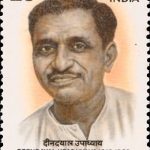
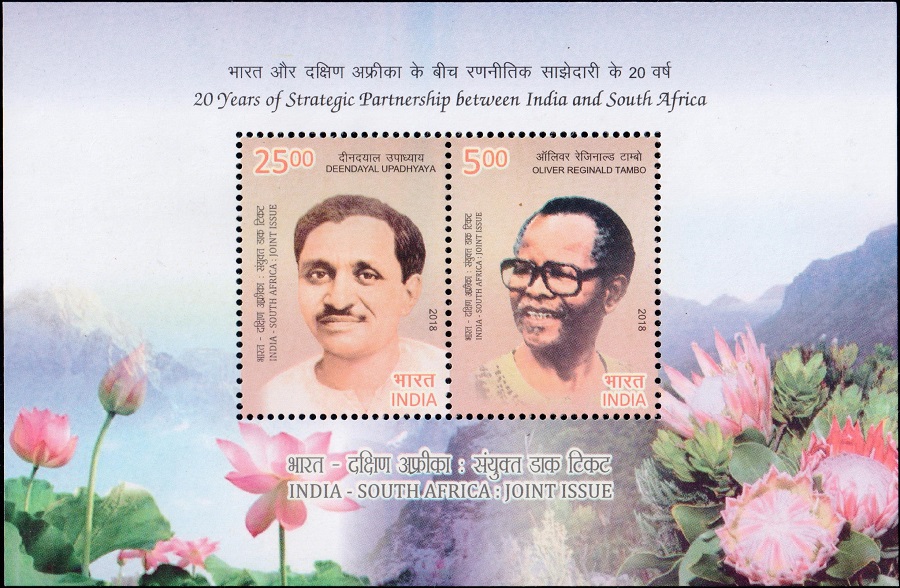
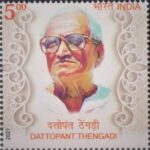

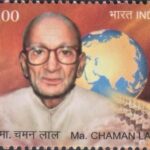
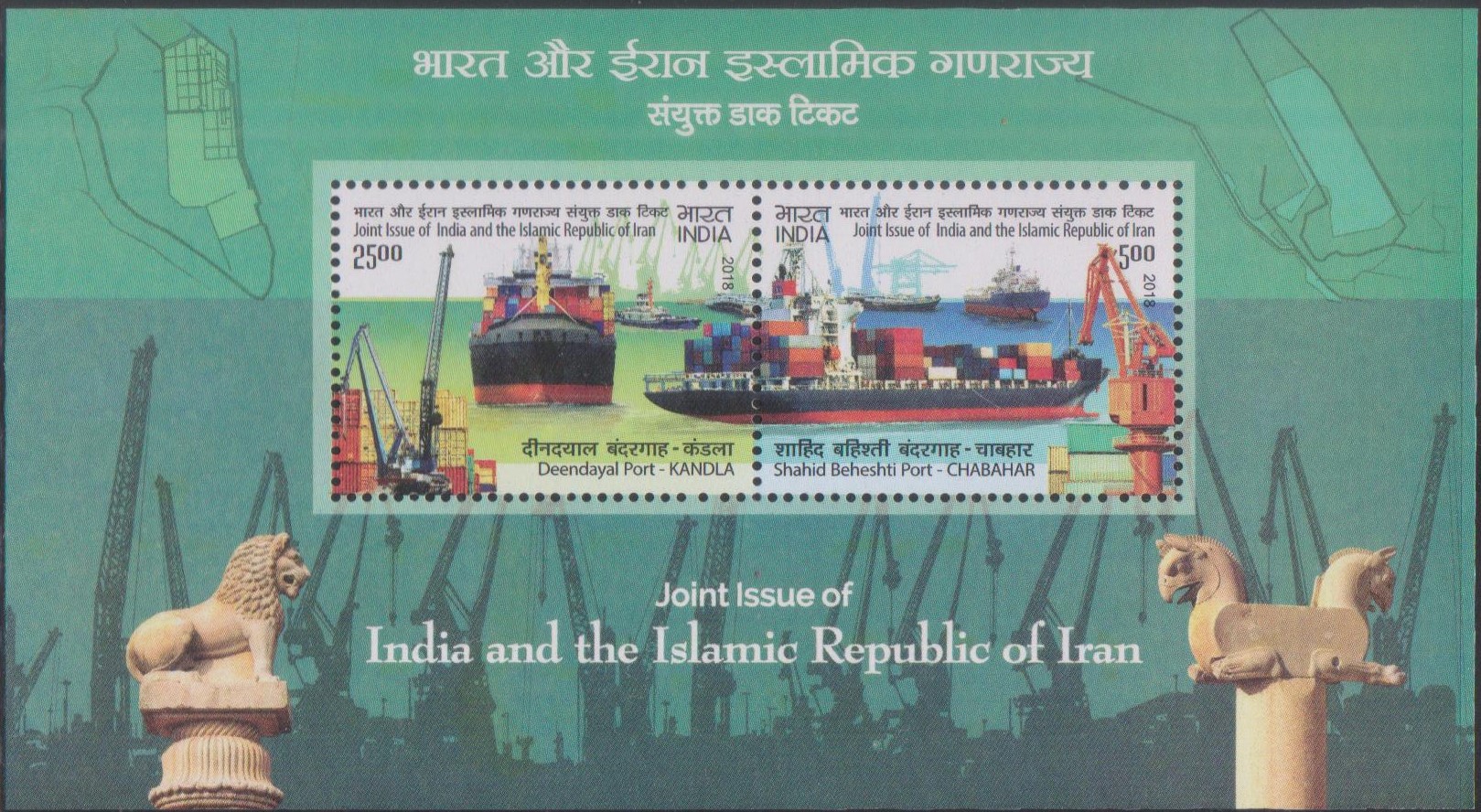
It was doing so much help